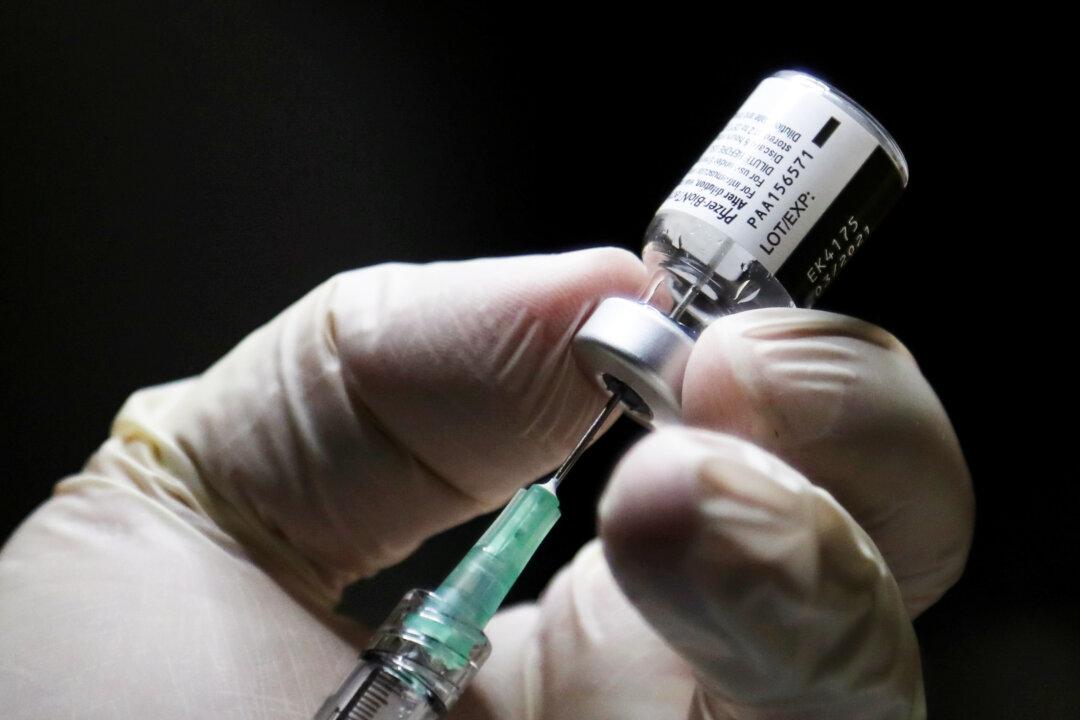Health Canada has responded to a Conservative MP’s questions about a Simian Virus 40 (SV40) DNA sequence found in COVID-19 vaccines by continuing to assert the shots are safe.
MP Colin Carrie had submitted a series of questions on Oct. 27, a week after The Epoch Times published an article revealing that Health Canada had only recently become aware of the SV40 promotor-enhancer’s presence in the COVID-19 vaccines from Pfizer-BioNTech.





